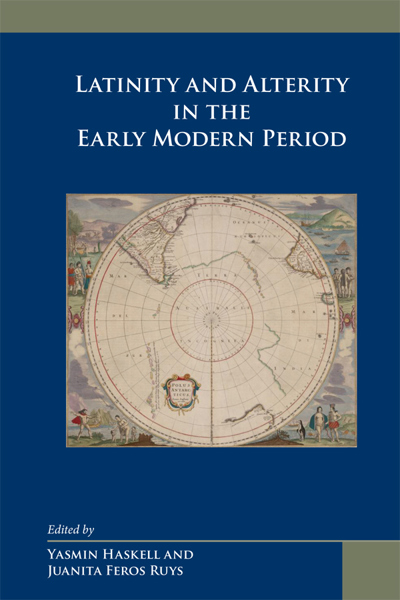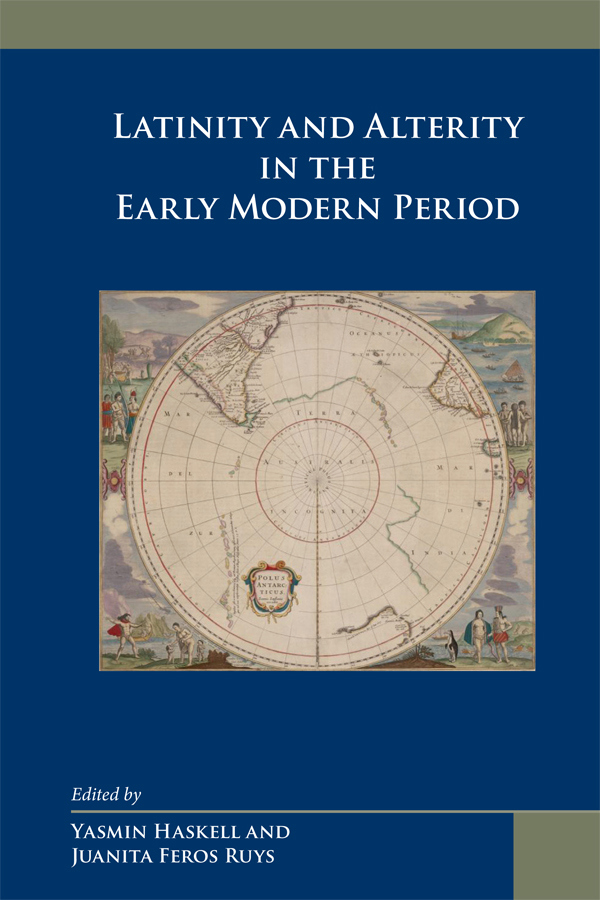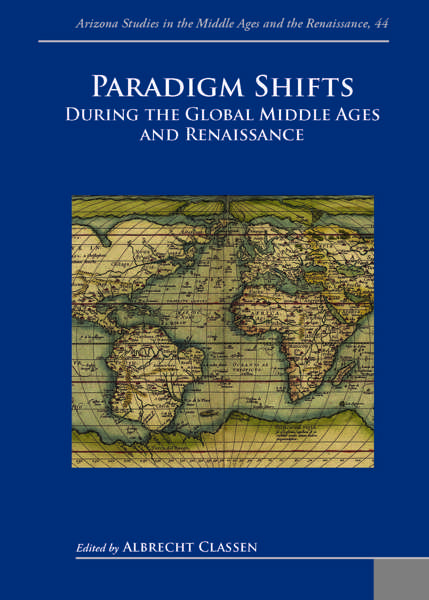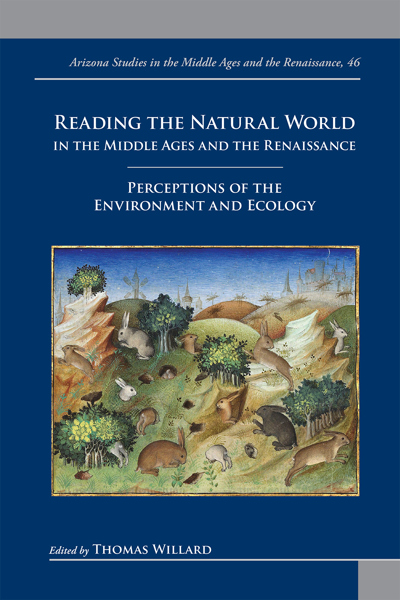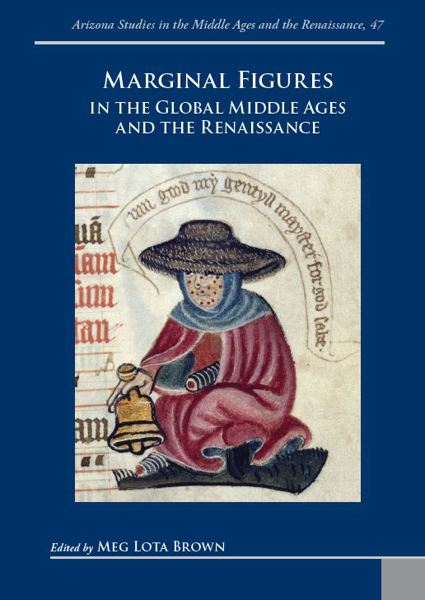
Latinity and Alterity in the Early Modern Period
Yasmin Haskell, Juanita Feros Ruys (eds)
- Pages: 304 p.
- Size:160 x 240 mm
- Language(s):English
- Publication Year:2011
- € 45,00 EXCL. VAT RETAIL PRICE
- ISBN: 978-2-503-53375-9
- Hardback
- Available
The essays in this volume, many of which are in dialogue with Francoise Waquet’s Latin or the Empire of a Sign, showcase some of the most exciting and sophisticated new work in the field of neo-Latin studies. They illustrate the significance of 'Latinity' for understanding the early modern world from a variety of disciplinary perspectives and will be of interest not only to neo-Latinists but to students of the modern European vernaculars, social historians of language, lexicographers, intellectual and scientific historians, and to cultural and cross-cultural historians. Under the second term of the title, 'Alterity', our volume explores humanist Latin’s 'opposition' to mediaeval Latin and the modern vernaculars; the 'otherness' of women’s Latinity; the construction of the non-European in Latin humanism; and the Latin writings of non-Europeans, from indigenous Americans to Africans. The exploration of these themes helps us more fully to understand what Latin 'really meant' during the early modern period.
Table of Contents
1. Distant Empires, Buried Signs: In Search of New Worlds of Latin in the Early Modern Period (Introduction)
Yasmin Haskell
2. Other Latins, Other Cultures
Ann Moss
3. Latin and the Vernacular: The Silence at the Beginning of Bruni’s Dialogi ad Petrum Histrum
Siobhan O’Rourke and Alison Holcroft
4. De ortu et occasu linguae latinae: The Latin Language and the Origins of the Concept of Language Death
John Considine
5. Translation and Re-translation: Boileau’s Art poétique Latinized
Christopher Allen
6. Nicolas Boileau-Despréaux (1636-1711): Art Poétique translated into Latin by François Gacon (1667-1725), text edited and annotated by
Christopher Allen and Frances Muecke
7. From Virile Eloquence to Hysteria: Reading the Latinity of Heloise in the Early Modern Period
Juanita Feros Ruys
8. Latin in Cuauhtémoc’s Shadow: Humanism and the Politics of Language in Mexico after the Conquest
Andrew Laird
9. New World ‘Ethiopians’: Slavery and Mining in Early Modern Brazil through Latin Eyes Alexandra de Brito Mariano
10. “Sub herili venditur Hasta”: An Early Eighteenth-Century Justification of the Slave Trade by a Colonial Poet
John Gilmore
11. Can the Subaltern Speak Latin? The Case of Capitein
Grant Parker
12. Latin Terms and Periphrases for Native Americans in the Jesuit Relations
John Gallucci
12. History and Poetry in Philippus Meyerus’s Humanist Latin Portraits of the Prophet Mohammed and the Ottoman Rulers (1594)
Marc Laureys
